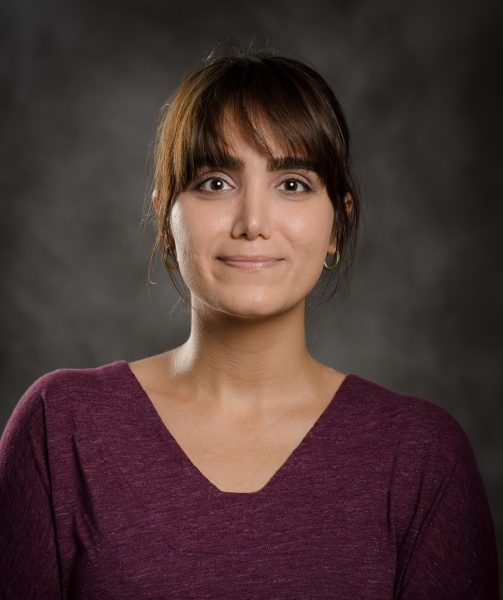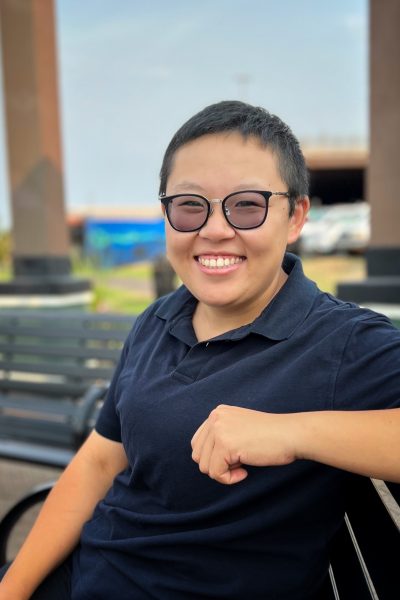Department of Humanities Ph.D. candidate Laura Vidal-Chiesa (rhetoric, theory, and culture) has been inducted into the American Association of Colleges and Universities Future Leaders Society. The honor was presented at the AAC&U Annual Meeting in San Francisco, California, on Jan. 18-20.
According to AAC&U’s website: “The Inductees into the AAC&U Future Leaders Society share a profound commitment to high-quality teaching and learning, equity, and community engagement.” Membership includes access to “unique, cross-disciplinary opportunities for professional development, networking, and mentorship” as well as training and development resources for future educators.
Read more at the Humanities News, Features, and Other Updates blog.



